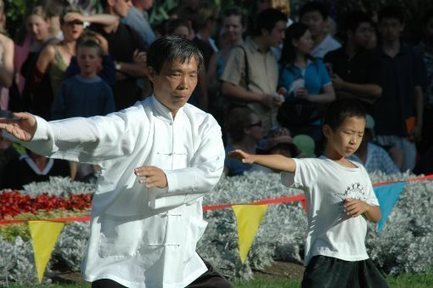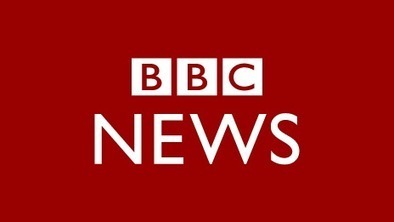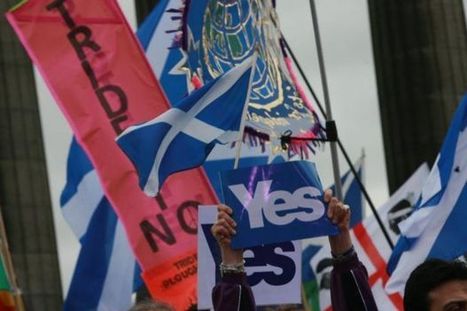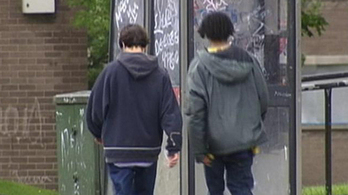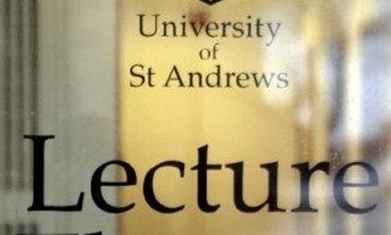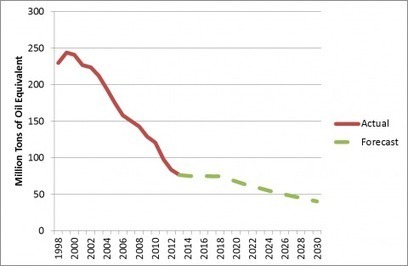 Your new post is loading...
 Your new post is loading...
Researcher said polls show majority of Scots favour remaining in UK but added odds on a Yes vote were "almost even".
The result of the independence referendum is
Britain has become so transfixed by the idea that Scotland could become an independent country that it has paid relatively little attention to what might happen if it does not. But if Scotland votes No in September’s referendum – as the polls
BBC Breakfast is on the road talking about the Scottish economy ahead of September's independence referendum.
David McCollum discusses the role of demographic challenges in projections made in the reports issued by the HM Treasury and the Scottish Government. Both papers acknowledge the demographic challenges that Scotland faces. However as has often been the case in the independence debate thus far, the Scottish Government could perhaps be open to the charge of being overly optimistic in its assumptions whereas the UK Government could be seen as overly pessimistic in its predictions.
If you want to guess the outcome of the Scottish Independence Referendum, it might be better to consult the bookies than rely on opinion polls.
Boosting immigration after independence would not deal with Scotland’s ageing population timebomb, MSPs have been warned.
People who are more willing to take risks are more likely to vote 'Yes' in Scotland's referendum, according to researchers at the University of Stirling.
THE extent to which independence appeals more to life's risk-takers is revealed in a major academic study published today.
RISK-TAKERS and gamblers are more likely to vote Yes in the independence referendum, a major academic study has found.
He’s 37, so what’s he doing sleeping in his childhood bedroom? And watching University Challenge with his dad? Justin Quirk explains what led him to move back in with his parents – and what his girlfriend thinks
|
THE REFERENDUM on Scottish independence is “too close to call”, according to Southampton experts.
Despite polling pointing towards a victory for the No campaign in Scotland, our forecasting model suggests that the result is still too close to call.
The Economic and Social Research Council (ESRC) funds research and training in social and economic issues, focusing on six research areas: economic affairs, education and human development, environment and planning, government and law, industry and employment, and social affairs
Only 'minority' of authorities viewed immigration as way of dealing with local labour shortages.
'Constraint' worry on immigration
We take five claims from each side and ask a panel of economic experts to weigh up whether or not they stand up to scrutiny.
Guest post by Derek McGhee and Claire Bennett, Centre for Population Change, University of Southampton. On 16 May 2014, we presented a joint paper for a COMPAS breakfast briefing, discussing some o...
ESRC Fellow David Bell reflects on the oil prediction disagreements between the Scottish Government and the HM Treasury in their respective papers published on May 28th. Professor Bell says it would be useful for undecided voters in the referendum debate to know how forecasts are being made and how accurate they’ve been.
People who are more willing to take risks are more likely to vote ‘Yes’ in Scotland’s referendum, according to researchers at the University of Stirling. Professors David Bell and Liam Delaney, and researcher Michael McGoldrick from the University of Stirling’s Management School, looked at individual traits and constitutional change in Scotland.
At first sight the idea that to vote Yes in the referendum in September is to take a risk is stating the obvious.
AN INDEPENDENT Scotland should not rely on oil and gas revenues to offset the economic burden of an ageing population, a think tank has warned.
|




 Your new post is loading...
Your new post is loading...





